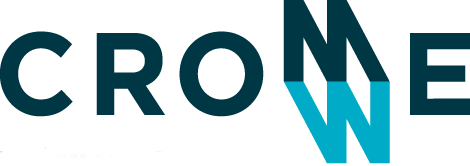- SeminárioOs Retornados: A história de sucesso da integração e o que está errado com ela
Christoph Kalter (Freie Universität Berlin)
27.04.2017
CES | Sofia, Coimbra - Portugal
DATA | HORA
27.04.2017 | 14h30
LOCAL
Sala de Seminários (Piso 2), CES | Sofia - Coimbra, Portugal
RESUMO
Com base na pesquisa sobre habitação paga pelo Estado para os chamados retornados portugueses depois de 1974, esta comunicação argumenta que a narrativa dominante sobre uma integração bem-sucedida desses migrantes na sociedade portuguesa precisa de ser revista. Embora a integração tenha sido de forma geral bem-sucedida deve-se sublinhar que também foi desigual na sua natureza e que trouxe dificuldades consideráveis para muitos migrantes. Além disso, e indo além da questão da sua precisão factual, a história de sucesso da integração da década de 1970 deve ser vista como uma (pós)-colonial, narrativa mestre nacionalista, que precisa de ser historicizada e desconstruída criticamente - ainda mais já que ressurgiu vigorosamente desde os anos 2000.
NOTA BIOGRÁFICA
Christoph Kalter is an Assistant Professor at the Center for Global History at the Freie Universität Berlin. He received his PhD in Modern History from the same university in 2010. His research concentrates on decolonization after 1945 and the postcolonial societies of Europe, especially France and Portugal. His first book was published by Cambridge UP in 2016 (originally published in German in 2011). Entitled ‘The Discovery of the Third World: Decolonization and the Rise of the New Left in France, c. 1950-1976,’ it deals with the interconnection between the rise of the concept of the "Third World" and that of a new radical left in France. Currently, Christoph Kalter is pursuing his interest in postcolonial Europe in a second book-length project, entitled ‘Postcolonial People. Migration and Decolonization in Portugal, c. 1974-2014,’ which addresses the history of decolonization in the metropole through a focus on the so-called retornados.
ACTIVITY WITHIN THE RESEARCH PROJECTS 'CROME - CROSSED MEMORIES, POLITICS OF SILENCE: THE COLONIAL-LIBERATION WARS IN POSTCOLONIAL TIMES' AND 'MEMOIRS - CHILDREN OF EMPIRES AND EUROPEAN POSTMEMORIES' FUNDED BY THE EUROPEAN RESEARCH COUNCIL (ERC)




